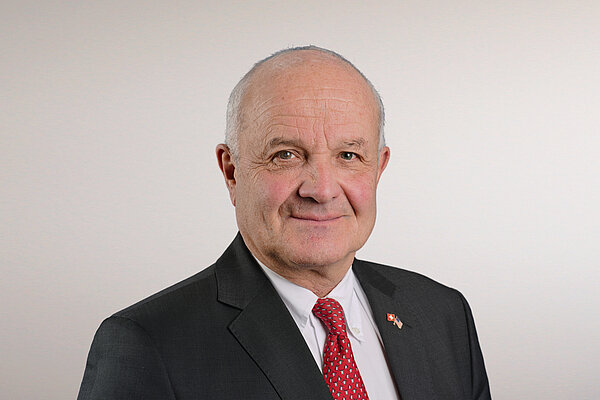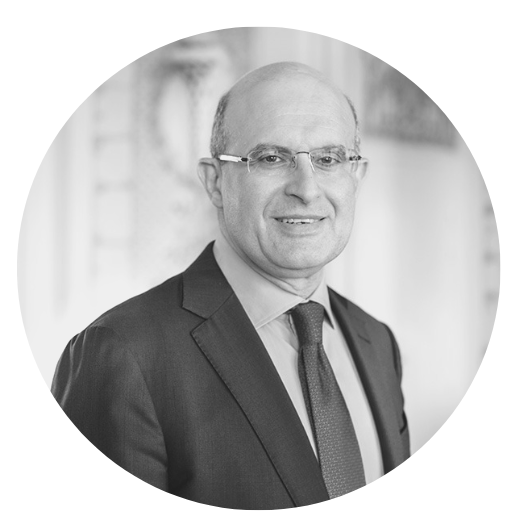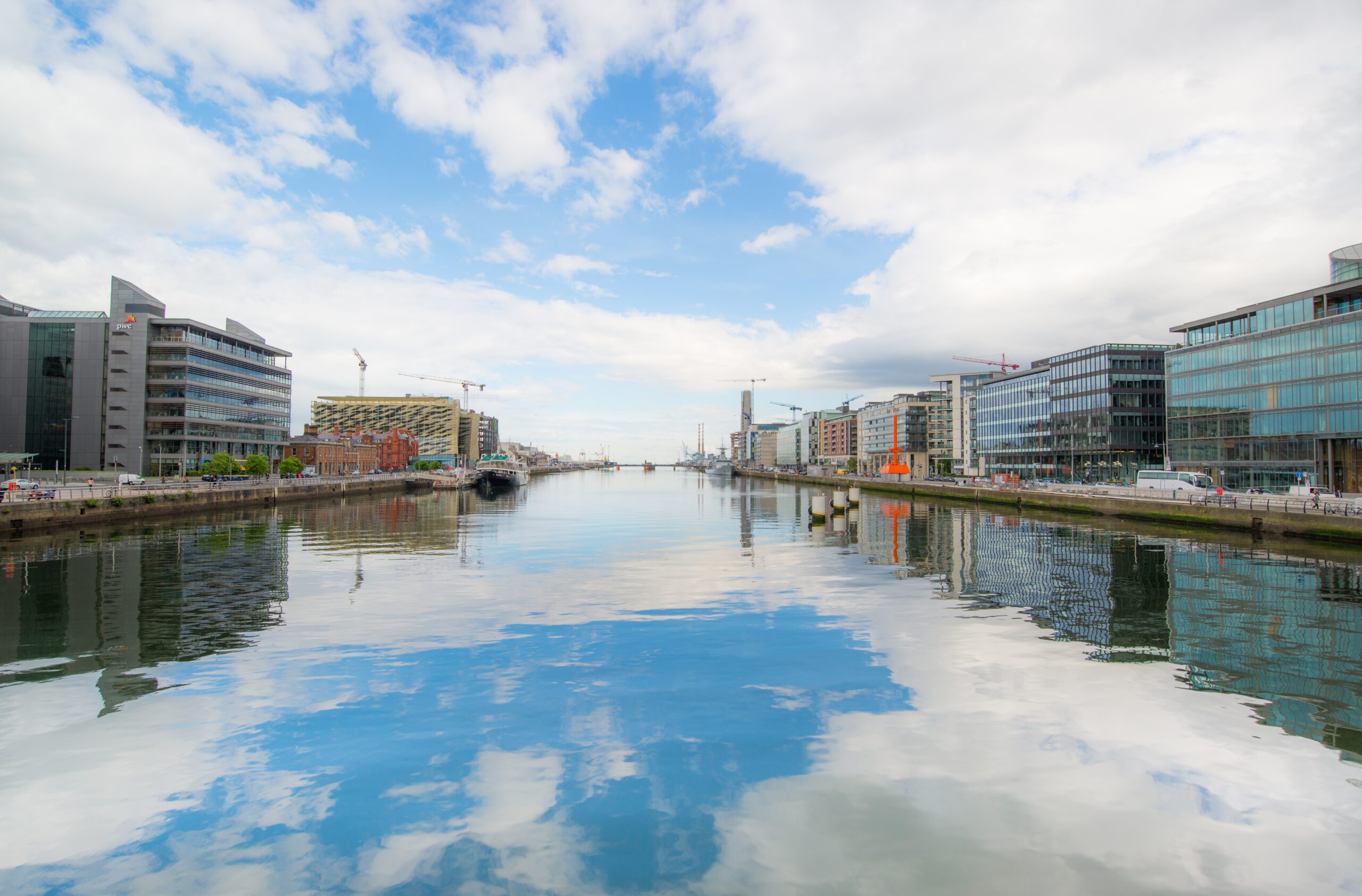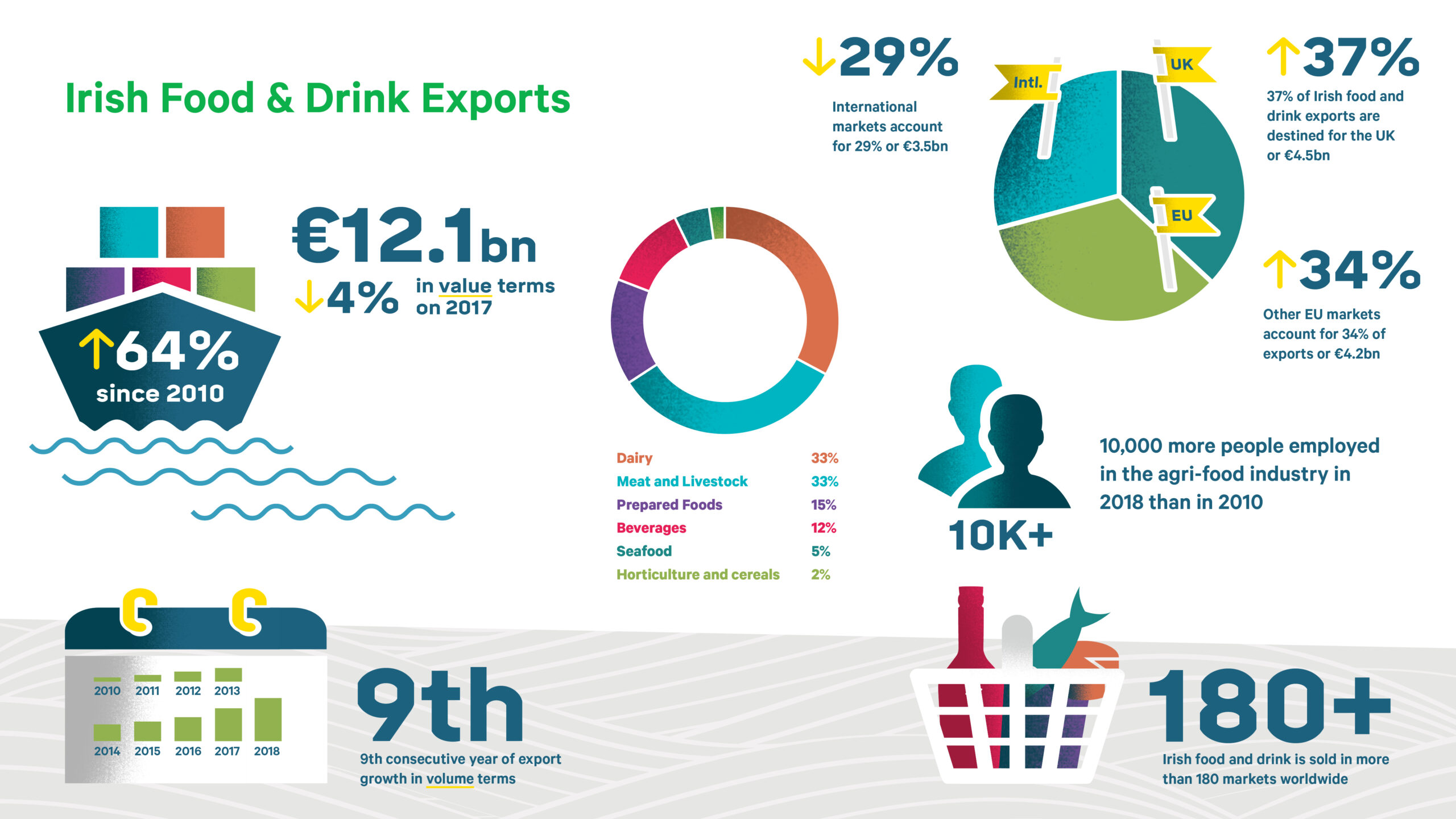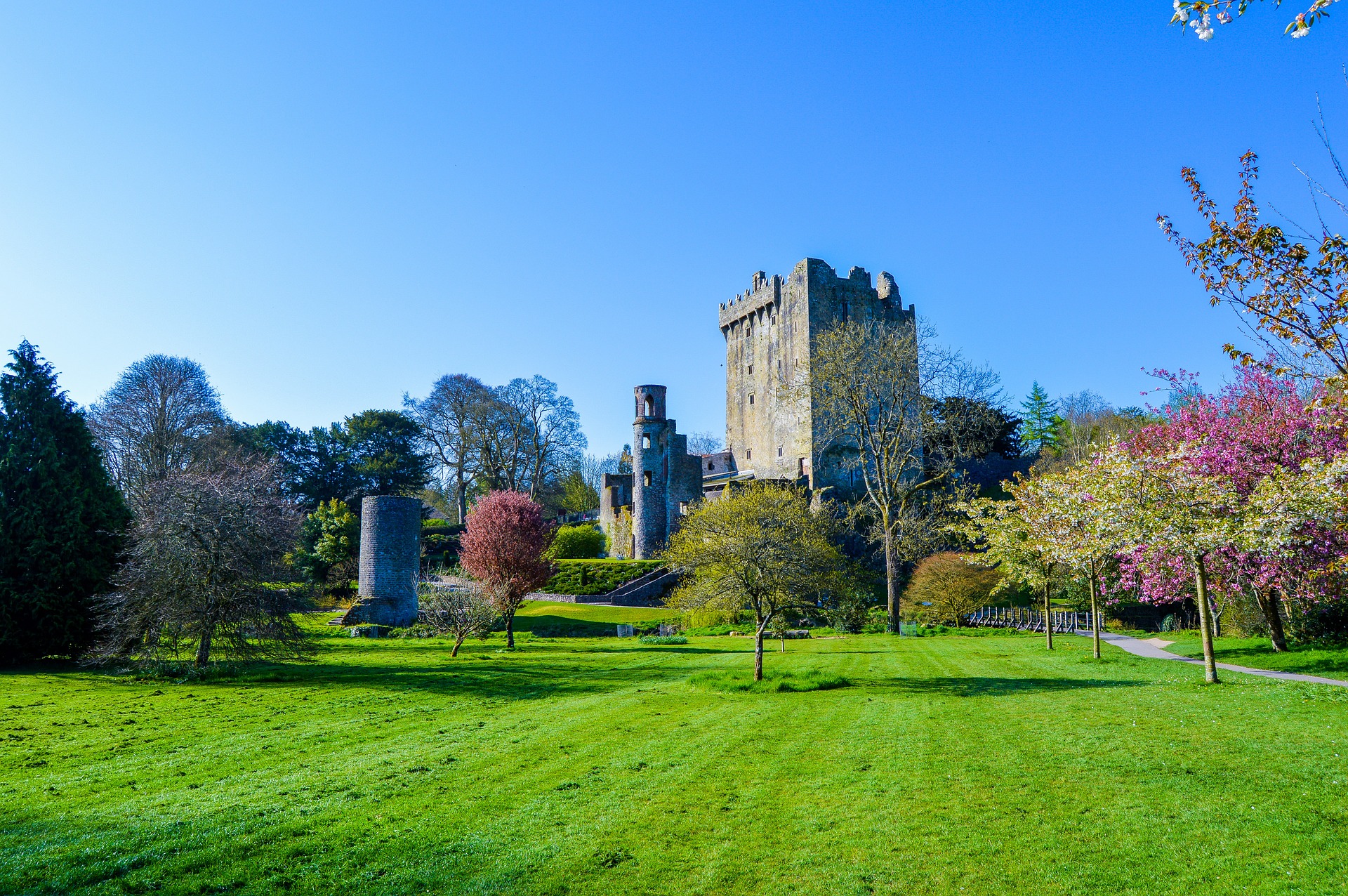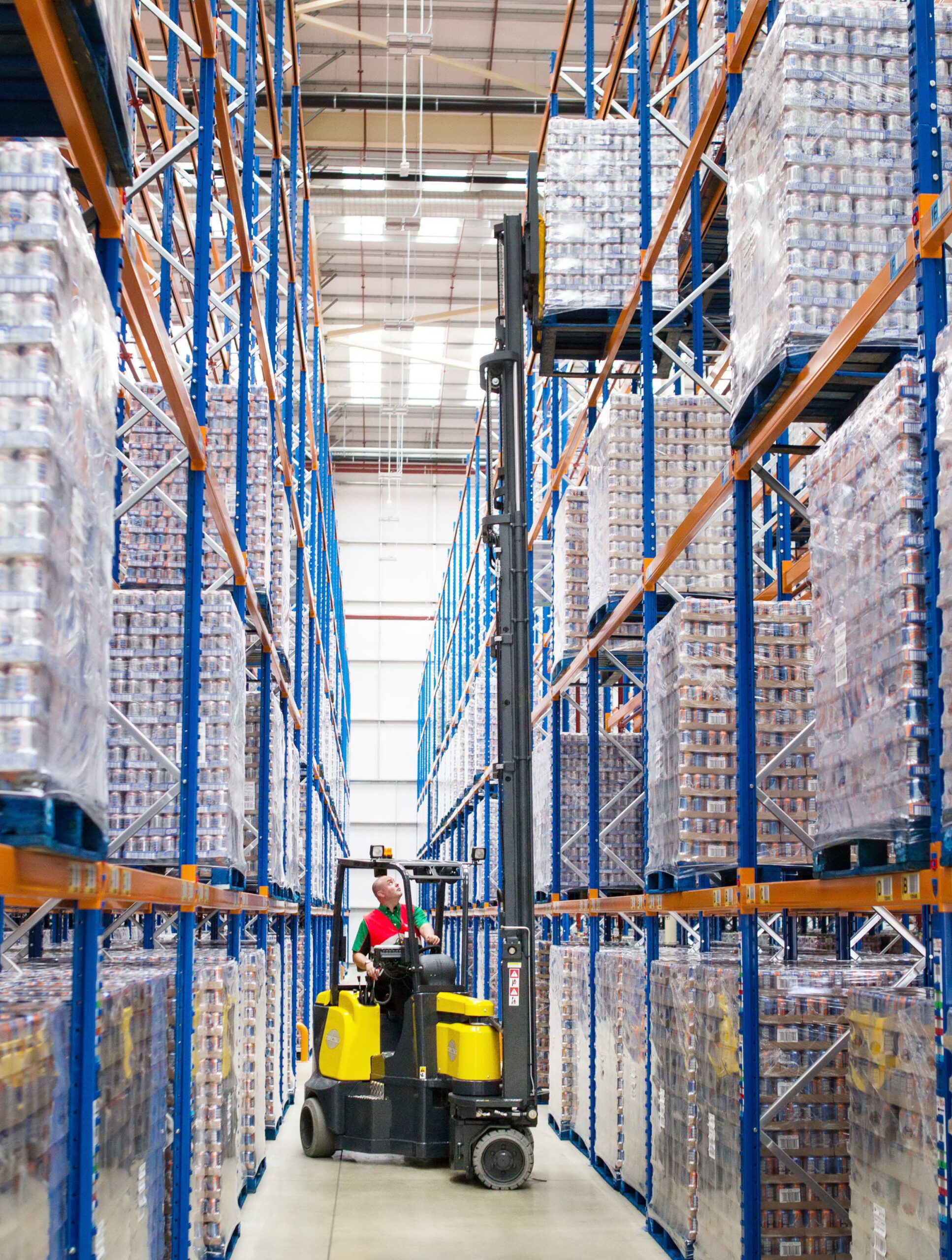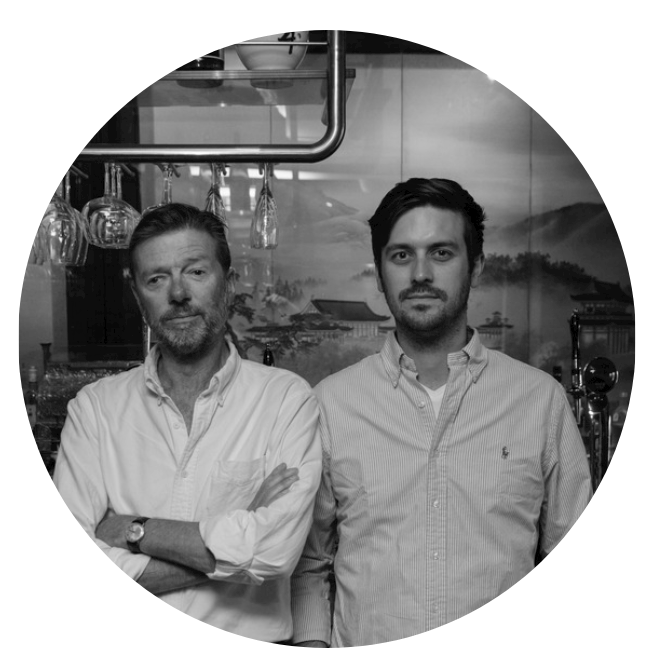Serbia provides a cost-effective alternative to established markets for companies looking to outsource software engineering, offshore systems design and integration. Over 2 600 ICT companies operate in Serbia including a Microsoft development center. Serbs offer expertise, high-end IT development services and software development solutions in a highly completive global sector. Nearly 39 000 ICT professionals are highly trained and available for a fraction compared to those in the European Union. Adobe, Oracle, Google, IBM, Siemens, and many others are currently partnered with Serbian companies for their back office development tasks and are increasingly creating a Balkan Silicon valley. The Serbian ICT market is valued at over EUR 2 000 million, accounts for 6% of national GDP, and is by far the fastest growing niche Serbian economic sector in the last decade. ICT clusters are consistently being developed in all major cities and towns of Serbia. The Serbian Government continues to strengthen support for entrepreneurs, young innovative and creative talent.
The ICT sector grows faster than any other industry, on average ICT company turnover is 560 times larger than that of an average traditional company with the same number of employees. Soon the government will capitalize on this by enabling fast Internet connections in all households by 2020. This will be backed by ongoing government digitization which will include; cloud technology for Public Authorities, the development of an e-Government portal with the usage of e-documentation and e-payments. The new reforms will support innovation. Tax policies will be changed to support digitalization. Entrepreneurial capital funds will be opened.
Telecommunications: Serbian consumers and households are highly digitalized in urban centers, and the trend is increasingly visible in rural areas. Nearly 65% of households own a computer with internet connection. Telecommunication providers are consistently rolling out new technologies and competing in value-added services. Serbia fully liberalized its telecommunications market in 2012. Telekom Srbija is still the largest operator with a market share of 46%. Increased competition over the past few years has led to improved quality of Internet services.
Computer programming: One of Serbia’s main export products amounting to nearly EUR 710 million. ICT is a priority sector for the Government. Increased support for ICT attracts investors and employment opportunities.
Education: The government has increased by 20% the enrollment quotas in the IT departments at faculties. The largest IT faculties have seen accommodations improved and expanded. New initiation infrastructure is being developed in Nis, Novi Sad, and Belgrade, with over EUR 70 million invested to date. Education reform has introduced compulsory ICT subjects from the fifth grade of elementary schools. Nearly 1 750 additional schools are connected to a secure academic Internet network, and a training initiative for the IT sector has been rolled out to support the future growth of the sector.
Nordeus: This global Serbian success story was born in 2009 out of Belgrade is the biggest mobile gaming companies in Europe thanks to hit game Top Eleven. Nordeus has not raised external funding and remains a bootstrapped company. They recently announced Top Eleven had reached 100 million registered users and over 5 million DAU. The entity now has more than 160 employees. It is the shining example of Serbia’s startup success potential not just the area of games but in other niche segments.





